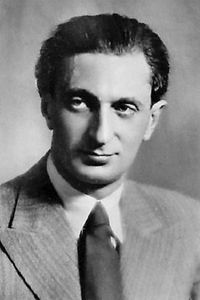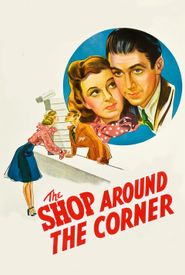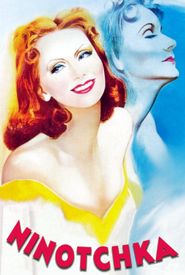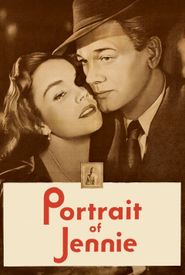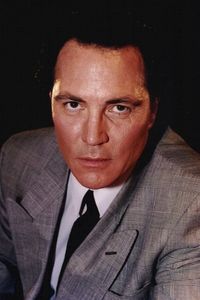Felix Bressart, a renowned comic actor, was a striking figure with his tall stature, prominent nose, toothbrush moustache, and horn-rimmed glasses, giving him an uncanny resemblance to a combination of Groucho Marx and Albert Einstein. Born in Germany, Bressart had a dual career in comedy, with a notable early period on stage and screen in his native country, followed by a highly successful later stint in Hollywood.
Bressart received his training under the esteemed Maria Moissi in Berlin, and began his professional acting career after World War I. He honed his skills in various genres, including political parody, musical comedy, and slapstick farce, performing in prominent theatres in Hamburg, Berlin, and Vienna, including under the direction of the renowned Max Reinhardt.
By 1933, Bressart had already established himself as a film actor, appearing in popular mainstream movies such as "Three from the Filling Station" (1930) and "Die Privatsekretärin" (1931). However, like many other distinguished actors, he was forced to flee Germany after the Nazi party took power in 1933.
Bressart relocated to the United States, where his connections to fellow émigrés, including Joe Pasternak and Ernst Lubitsch, ensured him steady employment. He joined the regular company of stock players at MGM, where he was quickly typecast, often playing disheveled academics, wistful European philosophers, scientists, and music professors of diverse ethnicity.
One of Bressart's earliest major screen successes was as a Russian commissar in Lubitsch's "Ninotchka" (1939),a performance that earned him a similar role in "Comrade X" (1940). His defining role, a perfect blend of comedy and pathos, was in the classic wartime satire "To Be or Not to Be" (1942),where he played Greenberg, a Jewish member of an acting troupe alongside Carole Lombard and Jack Benny.
Despite his success in films, Bressart managed to maintain a sideline as a doctor of medicine. Unfortunately, he passed away at the age of 57 due to leukemia in 1949.
